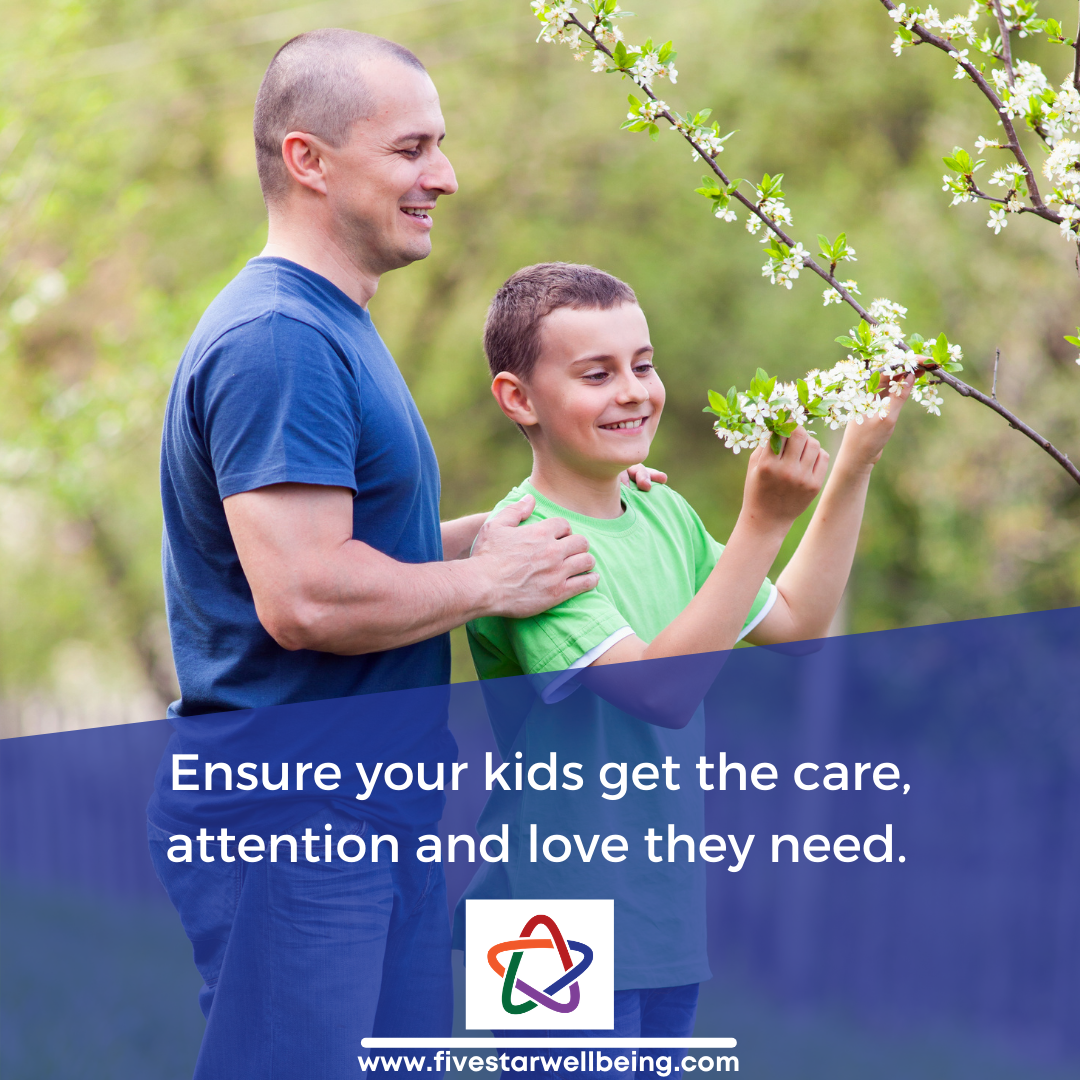A fourteen year old I met with recently discussed with me the idea of selling her soul to the devil. She had viewed an instagram story that convinced her that if she were to sell her soul, she would lose her life but her family would be spared from their financial difficulties. “I just don’t want my parents to worry about money anymore,” she told me.
She was serious.
How Financial Stress Affects Kids
In Canada, 1.3 million kids, about 1 in 5, live in poverty. First Nations children suffer at a rate of 1 in 2. Money problems can be so stressful, it’s easy to forget how much financial stress affects kids, and how it will impact them as adults.
While children don’t pay bills, or fear being laid off, they suffer from worries and stressors that impact their mental health. They:
- Feel embarrassed at not having or being able to do what friends can
- Don’t ask for food when they are hungry to avoid feeling ashamed
- Feel guilty about wanting more, especially knowing their parents are suffering
- Worry about needing to change homes, losing friends, their school and community
- Learn unhealthy relationship patterns when parents are stuck in unhealthy relationships for financial reasons
- Suffer from abuse and neglect when parents experience stress due to money problems
Shame, fear, uncertainty, insecurity, and an inability to express their needs leave a lasting mark on a kid’s self-concept.
They also increase the chance your son or daughter may may experience a mental health problem like anxiety, depression or substance abuse. Every kid is different, but as the young girl I met shows, some teens can experience significant distress.
What parents and caregivers can do:
Kids, depending on their age, have different levels of understanding about money, how to manage it, or the supports, tools and resources available. They also have a limited understanding about the labour market. But it is important that you provide kids with a sense of hope and optimism.
Financial distress is a significant cause of mental health problems. Mental illness is also a primary cause of financial problems. If you are struggling financially seek financial and mental health counselling. Financial Counselling can provide you with resources, tools and skills resolving debt, understanding credit, budgeting and planning. Mental Health Counselling can help you with coping strategies to manage the stress and uncertainty you are experiencing. If you are unemployed, you may want to contact a local employment or career counselling agency to help with finding work.
Be aware of how your perceptions and comments may shape your kids' beliefs about money. When you are struggling financially, there may be a tendency to talk about financial or other problems with your kids that are not age appropriate. This can put added stress on kids above and beyond what they are already struggling with.
When kids have to worry about their own concerns as well as for the parent's wellbeing they experience added stress.
How to Foster Financial Resilience in Your Kids
Financial limitations can make the world feel smaller. While you may need to cut back on material items, there are many ways you can support your kids and reassure them that they can look forward to a more stable financial future.
While the world might seem smaller and your ability to do things may seem limited, don’t isolate yourself or your kids from the larger world.
- Plan activities with other families and friends
- Learn about programs for low income families that provide access to sports, the arts, camps and other activities for kids.
- Play cards and board games. Games provide opportunities to win, lose and try again, while developing resilience, strategic thinking and planning skills
- Visit your local library and help your kids experience a world of possibilities. Books provide learning across subject areas, and stories provide opportunities to safely escape from worry, and provide examples of overcoming challenges.
- Spend time together exploring the outdoors. Nature has a way of demonstrating that change is constant, bringing new opportunities and hope.
- Ensure your kids receive the care, attention and love they need.
Kids who are cared for, learn to value themselves. This will prevent them from needing validation from others, and prevent them from recognizing unhealthy friendships and from turning to alcohol and other substances to fit in.
Remember, money is only one aspect of wellbeing. Model for your kids how grateful you are for the aspects of wellbeing you do have; activities you look forward to that give you purpose, positive friends, family and other relationships, good physical health, feeling part of and contributing to your community. These things that can help see you through difficult financial times.
Most importantly, know you matter, and that there is help for you. You are not alone. Your kids are watching you and looking for direction on how adults handle difficult times.
If you model self-compassion, a willingness to ask for help and you are persistent in your effort to find solutions, your kids will do the same. As a result, they will be more resilient, and have a healthier outlook on money and whatever other problems arise in their own lives.
Take good care,
Derrick
Wellbeing Assessment
Our Services
Our mindfulness-based approach to counselling therapy focuses on promoting your wellbeing and mental health so you can enjoy life more fully.
When you improve employee wellbeing and mental health, you improve the lives of your employees, boost morale and your bottom line.
About the Author:
Derrick McEachern is a Registered Counselling Therapist (RCT) in Nova Scotia, and a Canadian Certified Counsellor. He specializes in providing mindfulness-based cognitive therapy in the areas of addiction, healthy relationships, grief and loss, and career and life transitions. He offers workshops and webinars and consults with businesses on ways to improve employee wellbeing and mental health.
Derrick McEachern, M.Ed., RCT, CCC
Counselling Therapist, Owner
Five Star Wellbeing Counselling and Mental Health
tel: 902 698 1194
[email protected]
https://fivestarwellbeing.com










